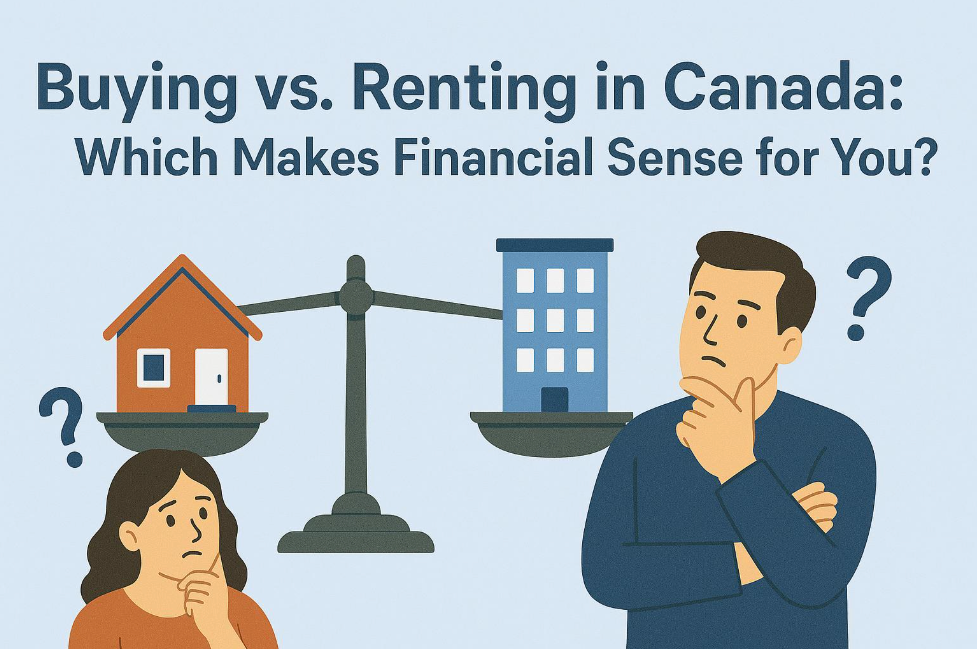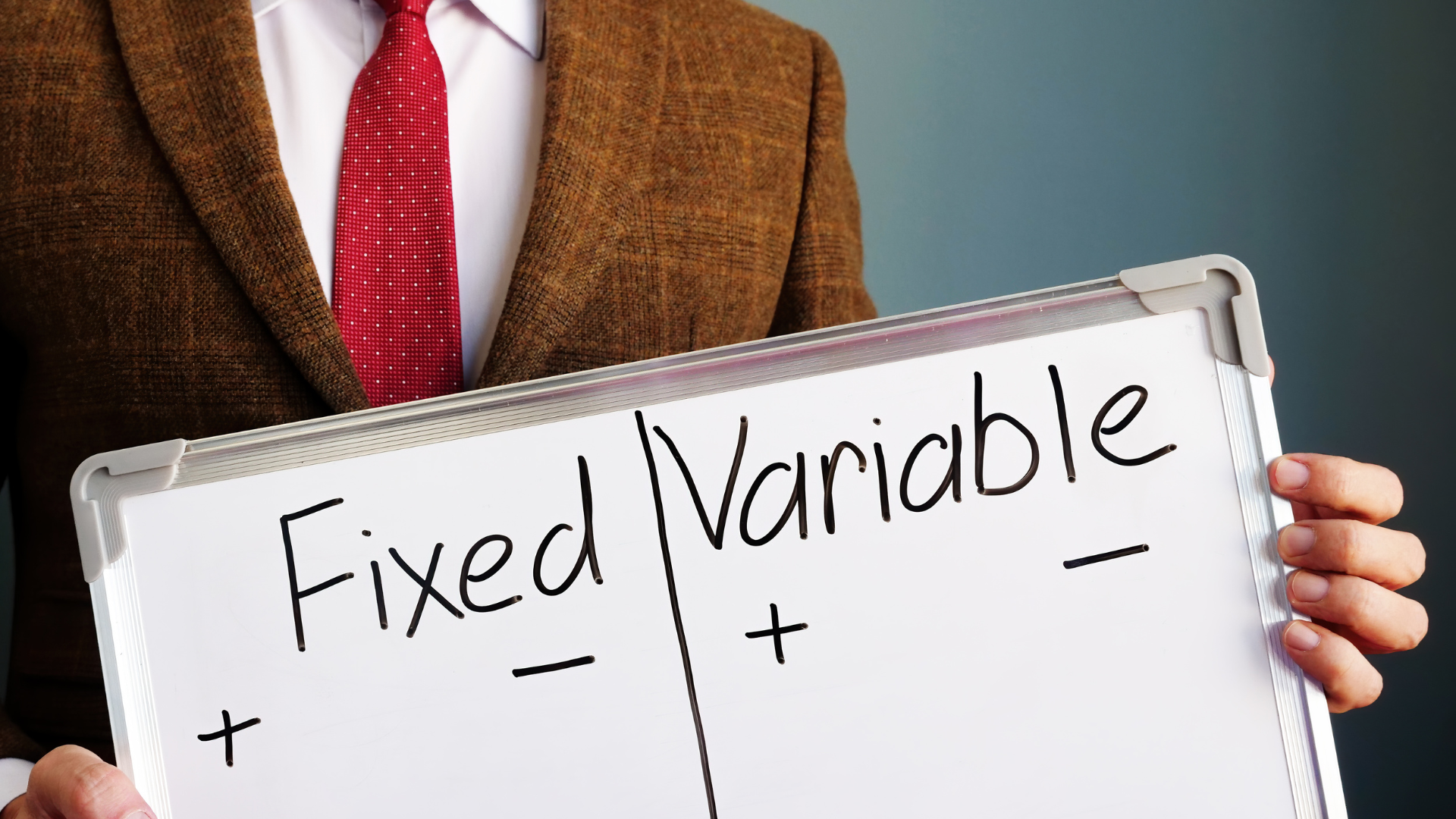Self-Employed Mortgages – Made Easy!

Approximately 20% of Canadians are self-employed - choosing to pave their own path, rather than working for someone else. If you’re self-employed, getting approved for a mortgage can be challenging, however with my guidance, it doesn't have to be that way.
Why, why, why it is so challenging for entrepreneurs to obtain a mortgage in Canada?
In 2021 there were 2.7 million Canadians who are self-employed. Regrettably, self-employed income is not as easy to document as someone who’s traditionally employed.
Most people that are self-employed are motivated to decrease their earnings to avoid paying tax through legitimate expenses and personal deductions. As a result, much of one’s self-employed income may not show up on paper.
Work with Professionals.
To navigate the complexities of getting a mortgage as a self-employed individual, you need to hire a qualified bookkeeper and a Chartered Professional Accountant (CPA). Their job is to know the ins and outs of taxes so that you can focus on growing your business. Here’s what you need to do:
- Keep your financial affairs up to date.
- Ensure your CPA prepares your financials.
- Pay your taxes.
- Government always gets first dibs on any money and Lenders won’t be interested in you if you haven’t paid your taxes.
- Document income for 2-3 years.
- Being able to document income for the past 2-3 years gives you more lending options.
Self-employed home buyers, who can document proof of income, can generally access the same mortgage products and rates as traditional borrowers.
Tips for Self-Employed Applying for a Mortgage.
To ensure the mortgage application process goes smoothly, follow these tips:
- Get Your Finances In Order and Pay Down Your Debt!!
- Every $500/month in loan payments lowers your mortgage eligibility by about $100,000. Similarly, every $12,000 in credit card debt lowers your mortgage eligibility by about $100,000
- Do you see a theme here?? Pay down your debt! Resist buying or leasing a new vehicle OR taking on any additional debt prior to buying your home.
2. Have Two to Three Years’ Worth of Your Documentation.
- Gather all your self-employed supporting documentation for your mortgage broker. This typically includes tax returns, business financial statements, and bank statements.
3. Show Stability & Consistency
- Lenders prefer self-employed borrowers who work in a business that’s established and have expertise in that field. Demonstrating stability and consistency in your business can significantly boost your chances of getting approved.
Specialized Mortgage Programs for Self-Employed Individuals
As a mortgage professional with access to many lenders, I specialize in helping self-employed individuals acquire the mortgage they need. Everyone’s situation is as unique as their business. We will look at the whole picture to determine which lender best suits your needs and which program will give you the best options to increase your mortgage capacity. Here are some available options:
- Addbacks or Gross Up
- The easiest route is to use your last two years' NET income to get you qualified. We can either gross up your net income by 10-20% (lender specific) or 'Add Back' eligible business expenses to increase your net income.
- If we can make this work, it gives you access to all the lenders.
2. Stated Income Program
- This allows us to “state” your income. Lenders will look at your gross and net income, and we can state a reasonable income somewhere between the two.
3. Net-worth Program
- If the first two options don’t work and you have a high “liquid” net worth, we can use lenders who will use your verifiable “liquid” assets to boost your income for qualification.
4. Net Income After Tax Program
- Have a moderate personal income and some income in your operating company? This program allows us to use your NIAT (Net Income After Taxes) to help you qualify.
5. Bank Statements Program
- This program allows you to qualify by annualizing your deposits for the last six months and backing out minor expenses. We then can use that income to qualify you.

What happens if the banks still don’t want you for a conventional mortgage??
Many high-net-worth business owners with low stated incomes work with Mortgage Brokers to find alternative lenders for financing if they can’t qualify for a mortgage with a traditional lender.
Being self-employed need not be a deterrent to buying a property. Let’s have a chat so I can connect you to the lender most suited to your situation.
Planning Ahead
If you're planning to apply for a mortgage within the next two years, here are 3 important tips:
- Talk to a Mortgage Professional
- Have a quick chat with me to determine the income you need to prove, in order to qualify for your desired mortgage amount.
2. Discuss with Your Accountant.
- Discuss these details with your accountant, as they can suggest ways to safeguard or improve your mortgage capacity. One potential way is to defer write-offs. Keep in mind that your income from the last two years will be used to qualify you for a mortgage.
3. Plan Ahead
- Self-employed individuals need to plan ahead when seeking a mortgage, ideally looking two years into the future.
As you can see, there are many ways to qualify for a mortgage if you are self-employed. It’s just a matter of determining which program will work best for you. If you'd like to discuss any of these potential programs that can help you qualify, I’m here to help.
Kelly Hudson
Mortgage Expert
Cell: 604-312-5009
Kelly@KellyHudsonMortgages.com
www.KellyHudsonMortgages.com






